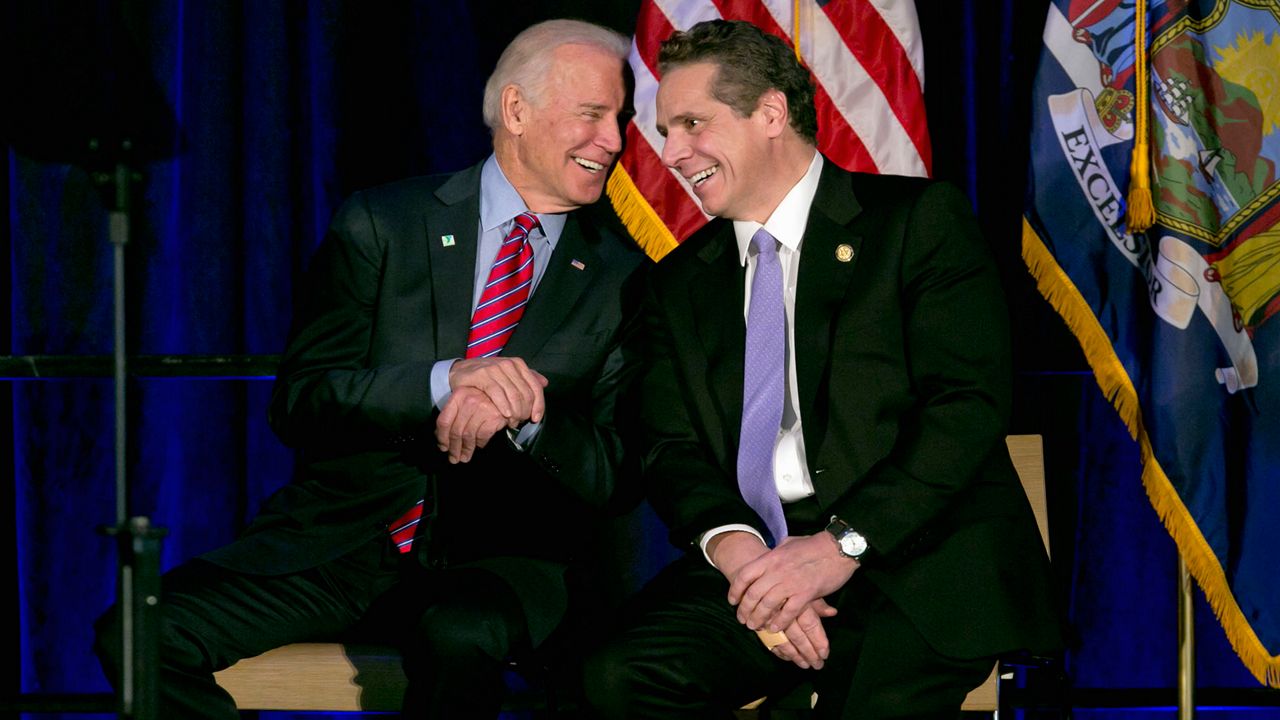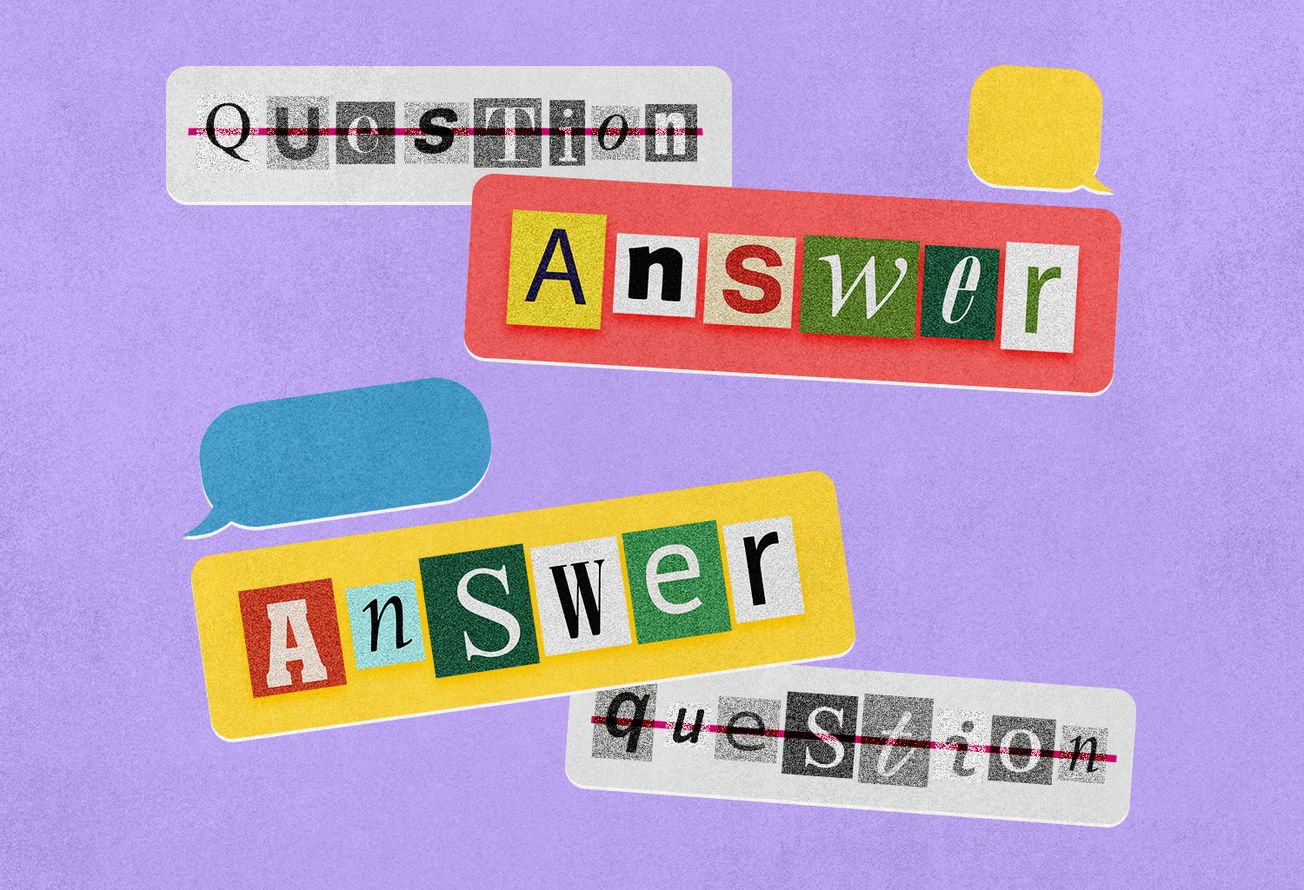In a recent New York Times piece, op-ed writer Michelle Goldberg talks about sexual harassment allegations against New York State Governor, Andrew Cuomo, as a litmus test of whether the #MeToo movement still has power. According to Goldberg, many Democrats do not want to force Cuomo to resign and are inveighing that they are “sick of holding themselves to a set of standards that Republicans feel no need to try to meet.” Goldberg’s assessment is that since the Republican Party has no compunctions in fraternising with and even venerating known sexual harassers, the Democratic Party should follow suit and not turn against their own, even if the allegations are credible and plentiful. This is a motte and bailey fallacy—by not asking Cuomo to resign, Democrats aren’t defending sexual harassment, they are merely pointing out Republican hypocrisy.
The Wrong Victims and the Right Perpetrators
This kind of hand-wringing and hesitation in supporting survivors and standing against powerful abusers is a tale as old as misogyny. Among the many issues that people had to grapple with when #MeToo first exploded was holding men who are considered as the “good guys” accountable for their actions.
Now, in the post #MeToo reckoning phase, Goldberg’s rationale (it’s not made clear in her article if she agrees with it) seems curious. Why should a party that is ostensibly pro #MeToo dither in abjuring a known corrupt bully? Along with being accused of sexual harassment by three of his subordinates and unwanted physical touching by another woman, Cuomo was embroiled in the case of thousands of underreported deaths in care home facilities. Her argument essentially makes the application of core principles contingent upon the opposition’s actions. So, if the Republicans choose to ignore Trump’s many acts of moral turpitude, there’s no reason why Democrats should expect Cuomo to resign. This kind of moral outsourcing is interesting because it allows morality itself to be determined by the depravity of your worst enemies- a theory of moral relativity.
Ethical behavior is often afflicted with hypocrisies and double standards. One example is the “wrong” kind of victim- should feminists refuse to give careful consideration when allegations are levelled by those whose politics we find vile and reprehensible? In India, that would be people like Payal Ghosh or Kangana Ranaut who have shared their stories of being abused in the past. In that case, who is the arbiter of what constitutes the “right” kind of politics?
Another example is the Republican Party’s cynical response towards Christine Blasey Ford’s testimony against their Supreme Court nominee Brett Kavanaugh. The Democrats used the same rhetoric when their own presidential nominee, Joe Biden, was accused of sexual assault by Tara Reade. Both testimonies were tarred as having “inconsistencies” and nefarious motivations by the other party. To anyone not immured within groupthink, the reception accorded to both cases should have been, at a minimum, similar. In this game of hyper partisanship, believing women becomes a political point to be scored to hurt the opposing team, not because it is the right thing to do.
Women from marginalised groups have battled with such complexities for years- how do we deal with a perpetrator from our communities in a way that ensures their gender doesn’t give them a free pass and yet where their social location doesn’t affect a fair and unbiased outcome? There are no easy answers, as many of us have realised—each case will need to be weighed and assessed according to its own merits. However, privileged men with the perquisites of power are exempt from such nuanced considerations. Everyone deserves a fair trial but does an ex-Vice President or a State Governor merit our fierce declamations and furious defense?
Many are persuaded that in order to defeat someone as degenerate as Trump, it made sense to ignore Biden’s “unproven” harassment. The justification would be that Biden’s conduct was supposedly not comparable to that of a known sexual predator like Bill Clinton and some comfort was drawn from the notion that in today’s post #MeToo world, Clinton would never pass muster and feminists wouldn't shield him as they did at the height of the Lewinsky affair. While this is highly debatable, the question remains: at what point do we stop sacrificing survivors at the altar of the greater good? Is the silence of a few a worthy price to pay for the rousing cheers of the many?
Why our Principles Cannot Be Partisan
The question we need to ask ourselves: do our values hold internal consistency and external predictability? Do we intend to apply them in a fair and equal manner irrespective of internal conflicts and outside pressure? Or is it merely a cudgel, a weapon to be deployed against those that are in opposition to the values that we claim to profess? Because if we are against all forms of abuse, the political leanings of the victim and the perpetrator should be irrelevant as should the reaction of our adversaries. Integrity, after all, should be a prerequisite for claiming the moral high ground and values should not become a protean commodity, customised to fit the person on whom you are applying it. Rather in its steadfastness and reliability, our political response should be like a lifeguard whose job is to save the drowning person, irrespective of ideologies and beliefs. Personal politics doesn’t preclude one from being at the giving or receiving end of abuse.
Because what good are our principles if they are easily compromised by personal allegiances and hermetic group loyalties? Can they even be called principles in that case? Not every victim will always be in your team and the perpetrator will sometimes have more in common with you than you would like them to. Often, it will be someone as odious as Trump but it could also be a woman who writes poetry and works for the rights of the LGBTQ community.
As for Goldberg’s assertion that the fallout from the Cuomo scandal will determine if #MeToo still has power—movements emerge and evolve over time and cannot be reduced to the outcome of one incident. The power of MeToo isn’t contingent upon one abuser being held accountable. #MeToo’s impact was always measured in terms of the empowerment of survivors to finally speak up. Its staying power will be shaped by the many it continues to inspire.










